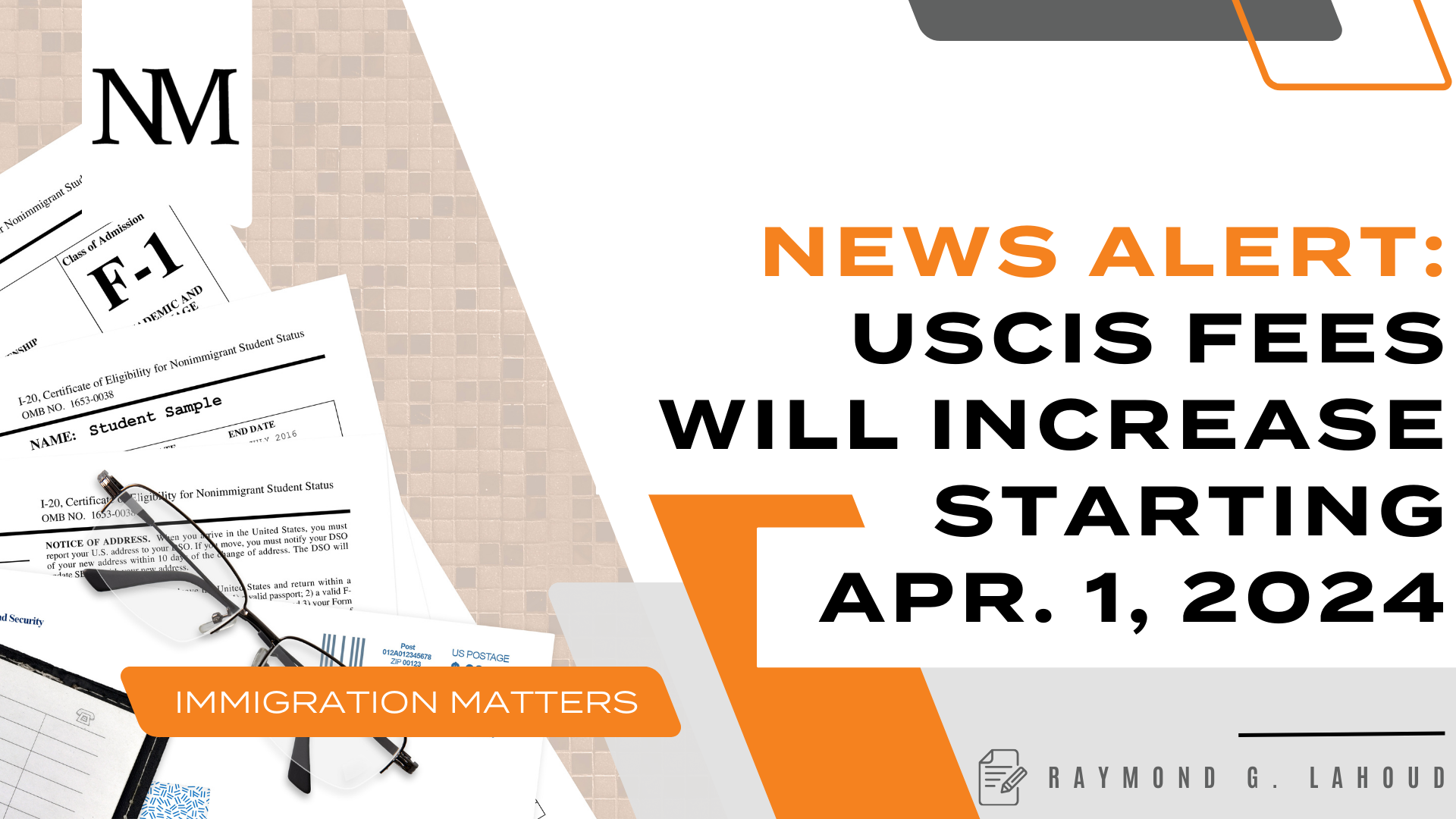IRS Issues Guidance for New Repatriation Tax

Many U.S. owners of foreign companies are surprised to hear that the new repatriation tax not only applies to “repatriated” foreign earnings, but also to foreign earnings that are not repatriated into the U.S. They are even more surprised to learn that the deemed repatriation tax may be due as early as the 2018 tax season. While an election is available to pay the net tax liability over eight annual installments, this new tax comes as a surprising frustration to many business owners of foreign companies.
Since the passage of the Tax Cuts and Jobs Act, the Internal Revenue Service (the “Service”) has already issued a 2018 IRS Notice which confirms the effective date of the new tax and the treatment of accumulated post-1986 deferred income as Subpart F income under Section 965 of the Internal Revenue Code. Among other things, this Notice provides that the Treasury Department and the Service will prescribe regulations to determine the aggregate foreign cash positions of a specified foreign corporation and to determine the pro rata share of a U.S. shareholder’s income to carry out the provisions of Section 965. The Notice also provides examples to avoid double-counting in the computation of post-1986 earnings and profits.
Based on this initial guidance (keep in mind that it is very “initial”), it appears that there will be various regulations and rules to work through. While additional guidance from the Service is still coming, the effective date of these rules is clear. U.S. owners of foreign companies with deferred foreign income will need to make decisions and act soon. Stay tuned to www.bizwithoutborders.com for updates.
If you have any questions about this post, please contact the Chair of our International Business and Tax Planning Practice Group, Robert C. Gabrielski, at rcgabrielski@norris-law.com.
The opinions expressed here are based on the laws as of the date written. The laws are subject to change, and if they did, the statements expressed would be subject to change.
DISCLAIMER: To ensure compliance with requirements imposed by the U.S. Treasury Regulations, we inform you that any tax advice contained in this blog is not intended or written to be used, and cannot be used, for the purpose of (i) avoiding penalties under the Code or (ii) promoting, marketing or recommending to another party any transaction or matter addressed herein.



